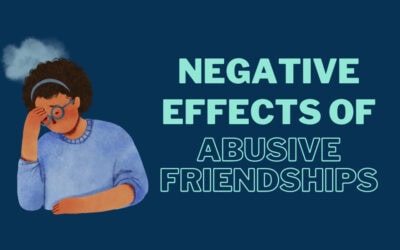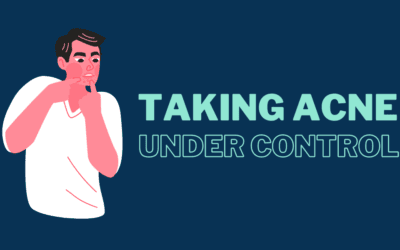Table of Contents
Gaslighting is a form of psychological manipulation in which an individual or group causes someone else to doubt their own perceptions, memories, or sanity. It is an insidious and harmful tactic that anyone can use, whether a romantic partner, a boss, a friend, or even a family member.
Gaslighting can be difficult to recognize and even harder to stop, but it is important to be aware of the warning signs and to take steps to protect yourself.
One of the key ways that gaslighting can occur is through the use of specific phrases or words. These phrases are designed to sow seeds of doubt in the victim’s mind and to make them question their own experiences and perceptions.
Understanding Gaslighting Phrases

Below, we will explore some common gaslighting phrases and what they mean:
“You’re being paranoid.”
This phrase is often used to dismiss someone’s concerns or make them feel they are overreacting. It is meant to make the victim feel unreasonable or irrational and discourage them from raising their concerns again.
“You’re being too sensitive.”
Like the previous phrase, this one is used to make the victim feel as though they are overreacting or being unreasonable. It is meant to invalidate their feelings and make them feel that their concerns are not worth addressing.
“I never said that.”
This phrase is used to deny that something was said or done, even if there is evidence to the contrary. It is meant to make the victim question their memories and doubt their own perceptions.
“You must have misunderstood.”
This phrase is similar to the previous one in that it is used to deny that something was said or done. However, it suggests that the victim misunderstood what was said or done rather than outright denying it.
“You’re just imagining things.”
This phrase suggests that the victim’s experiences and perceptions are not real but the product of their imagination. It is meant to make the victim feel as though they are crazy or paranoid.
“It’s all in your head.”
This phrase is similar to the previous one, suggesting that the victim’s experiences and perceptions are not real. However, it goes a step further by implying that the problem is solely within the victim’s mind rather than something happening in the outside world.
“You’re overreacting.”
This phrase dismisses the victim’s concerns or reactions as excessive or inappropriate. It is meant to make the victim feel like they are not reacting normally and discourage them from bringing up their concerns again.
“You’re being ridiculous.”
This phrase is similar to the previous one in that it dismisses the victim’s concerns or reactions as excessive or inappropriate. However, it goes further by implying that the victim’s concerns or reactions are not just excessive or inappropriate but also ridiculous or absurd.
“You’re just trying to start an argument.”
This phrase is used to deflect the victim’s concerns or to shift the blame onto them. It is meant to make the victim feel as though they are being unreasonable or confrontational and discourage them from raising their concerns again.
“You’re being unreasonable.”
This phrase is similar to the previous one in that it deflects the victim’s concerns or shifts the blame onto them. However, it goes a step further by implying that the victim’s concerns or reactions are not just confrontational but also unreasonable or illogical.
How to Protect Yourself from Gaslighting

It is important to recognize these gaslighting phrases and to be aware of when they are being used against you.
It can be difficult to stand up for yourself when you are being manipulated in this way, but it is crucial to your mental health and well-being. Here are some steps you can take to protect yourself from gaslighting:
Seek Support From Trusted Friends and Family Members
It can be helpful to have someone to talk to who can validate your experiences and perceptions.
Keep a Record of Events
This can help you to remember what happened and provide evidence if needed.
Seek Professional Help
If you are feeling overwhelmed or unsure of how to handle the situation, consider seeking the help of a therapist or counselor.
Set Boundaries
It is important to establish clear boundaries and communicate them to the person who is gaslighting you. Let them know what behavior is and is not acceptable.
Seek Out Healthy Relationships
Surround yourself with people who support and validate you rather than those who seek to manipulate or control you.
The Bottom Line
Gaslighting, as a type of emotional abuse, is used to control family members, friends, and even co-workers. It is never easy to deal with gaslighting, but it is important to remember that you are not alone and have the right to be treated with respect and dignity. If you are being subjected to gaslighting, don’t be afraid to seek help and take steps to protect yourself.










0 Comments